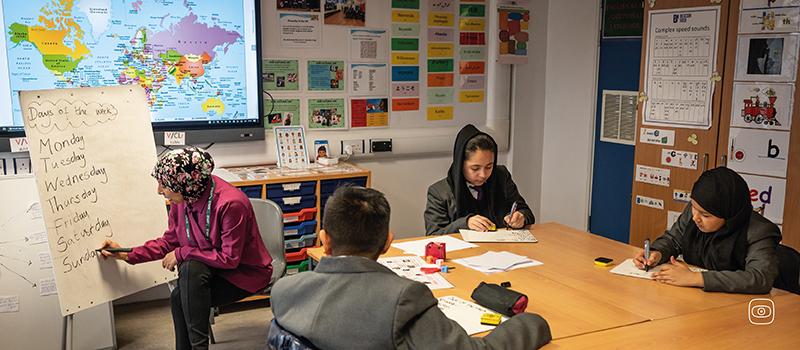In many European cities teachers deal daily with the arrivals of young migrants and refugees, who may have experienced violence, war and loss, and who must adapt hurriedly to a language and a culture different from their own. Special interventions - such as language courses and psychological and learning support – are often desperately needed. But scarce funding and inconsistent school policies warrant a failure to deliver these vital services. Teachers struggle while juggling few resources, and migrant students often underperform and have a more difficult school experience.
This cross-border investigation looks at how schools deal with migrant teenagers in France, Germany, Italy, Poland and UK and what the main challenges for their teachers are. We asked:
- Are there common national guidelines, and how can a local school adapt to these?
- Are there dedicated and sufficient funding and specialized staff?
- Do teachers have the necessary training and skills and what would they need more?
- What are the best practices developed for the intercultural dialogue?
- Last, but most important, in a time where Europe seems to close its borders, are schools giving equal opportunities to all the students, or is the right to education at risk?
📷 by Carolina Rapezzi








